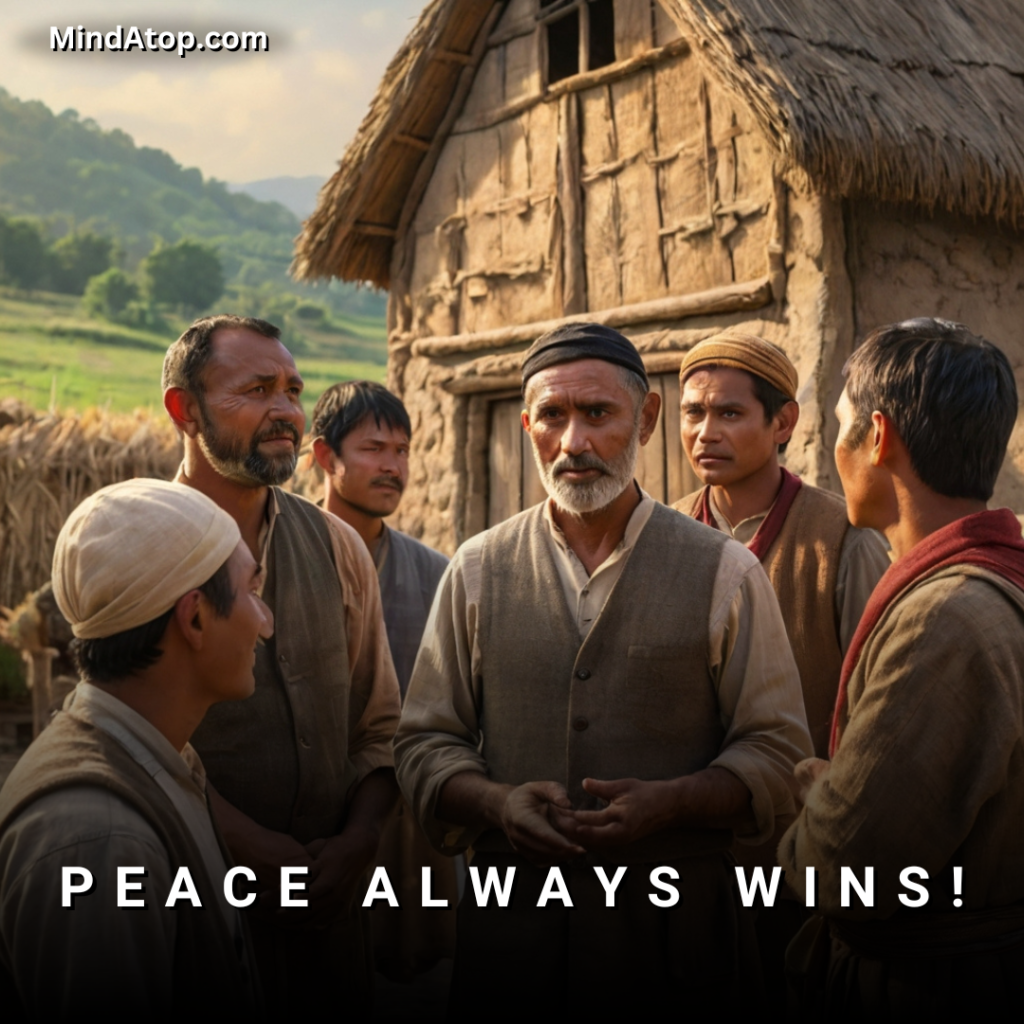In the heart of rural India, lay two neighbouring villages, Amarapur and Udaynagar. For generations, they had peacefully coexisted, sharing resources and supporting each other in times of need.
Their harmonious relationship was especially evident in their approach to water management. While Amarapur relied on a nearby river for irrigation, Udaynagar depended on a network of wells and boreholes. This mutually beneficial arrangement ensured both villages had access to the water they needed for their crops to flourish.
But trouble brewed when a group of ambitious youth from Udaynagar proposed diverting more water from the river to irrigate their fields. They argued that it was necessary to boost their agricultural output and ensure food security for their growing population.
The elders of Amarapur, wary of the potential impact on their own water supply and agricultural practices, rejected the proposal. Tensions simmered as the youth from Udaynagar refused to back down, insisting on their plan.
As discussions turned into heated arguments, the once peaceful relationship between the two villages began to fray. Amarapur’s farmers feared their crops would wither without enough water, while Udaynagar’s youth grew frustrated with what they saw as Amarapur’s resistance to change.
Day by day, tensions escalated, with both sides digging in their heels. Amarapur’s farmers started fortifying their irrigation systems, fearing water shortages, while Udaynagar’s youth rallied support for their cause, fuelling resentment towards Amarapur.
In the midst of the chaos, a wise elder from a neighbouring village intervened. With decades of experience and a calm demeanour, he urged both sides to step back and consider the bigger picture.
“Friends,” he said, “differences are natural, but it’s how we choose to resolve them that defines us. Peaceful dialogue and compromise are the cornerstones of harmony.”
His words resonated with the villagers, and they agreed to come together for a series of meetings mediated by impartial community leaders. Through patient discussions and a willingness to listen to each other’s concerns, they found common ground.
In the end, a solution emerged that satisfied both villages. Udaynagar’s youth agreed to limit their water extraction from the river, while Amarapur’s farmers pledged to explore more efficient irrigation methods to maximize their water usage.
With tensions diffused and a renewed sense of unity,
Amarapur and Udaynagar returned to their peaceful coexistence. The incident
served as a stark reminder of how escalating tensions could jeopardize not only
their relationship but also their prosperity. It underscored the importance of
dialogue, compromise, and mutual respect in resolving differences and
preserving harmony in their communities.

